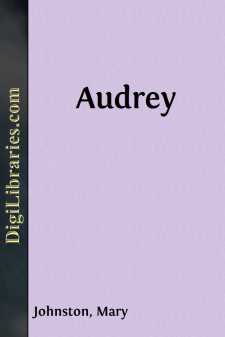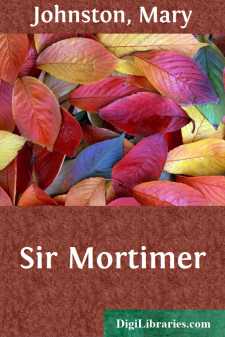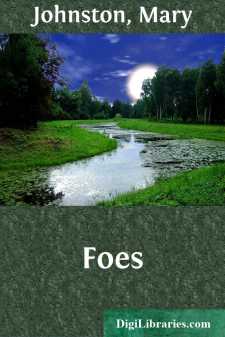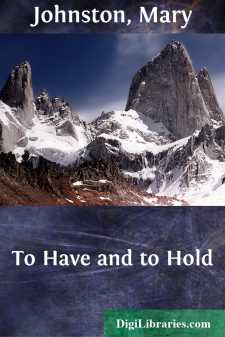Categories
- Antiques & Collectibles 13
- Architecture 36
- Art 48
- Bibles 22
- Biography & Autobiography 814
- Body, Mind & Spirit 145
- Business & Economics 28
- Children's Books 17
- Children's Fiction 14
- Computers 4
- Cooking 94
- Crafts & Hobbies 4
- Drama 346
- Education 56
- Family & Relationships 59
- Fiction 11833
- Foreign Language Study 3
- Games 19
- Gardening 17
- Health & Fitness 34
- History 1378
- House & Home 1
- Humor 147
- Juvenile Fiction 1873
- Juvenile Nonfiction 202
- Language Arts & Disciplines 89
- Law 16
- Literary Collections 686
- Literary Criticism 179
- Mathematics 13
- Medical 41
- Music 40
- Nature 179
- Non-Classifiable 1768
- Performing Arts 7
- Periodicals 1453
- Philosophy 66
- Photography 2
- Poetry 897
- Political Science 203
- Psychology 45
- Reference 154
- Religion 516
- Science 126
- Self-Help 85
- Social Science 82
- Sports & Recreation 34
- Study Aids 3
- Technology & Engineering 59
- Transportation 23
- Travel 463
- True Crime 29
Our website is made possible by displaying online advertisements to our visitors.
Please consider supporting us by disabling your ad blocker.
Audrey
by: Mary Johnston
Categories:
Description:
Excerpt
CHAPTER I
THE CABIN IN THE VALLEY
The valley lay like a ribbon thrown into the midst of the encompassing hills. The grass which grew there was soft and fine and abundant; the trees which sprang from its dark, rich mould were tall and great of girth. A bright stream flashed through it, and the sunshine fell warm upon the grass and changed the tassels of the maize into golden plumes. Above the valley, east and north and south, rose the hills, clad in living green, mantled with the purpling grape, wreathed morn and eve with trailing mist. To the westward were the mountains, and they dwelt apart in a blue haze. Only in the morning, if the mist were not there, the sunrise struck upon their long summits, and in the evening they stood out, high and black and fearful, against the splendid sky. The child who played beside the cabin door often watched them as the valley filled with shadows, and thought of them as a great wall between her and some land of the fairies which must needs lie beyond that barrier, beneath the splendor and the evening star. The Indians called them the Endless Mountains, and the child never doubted that they ran across the world and touched the floor of heaven.
In the hands of the woman who was spinning the thread broke and the song died in the white throat of the girl who stood in the doorway. For a moment the two gazed with widening eyes into the green September world without the cabin; then the woman sprang to her feet, tore from the wall a horn, and, running to the door, wound it lustily. The echoes from the hills had not died when a man and a boy, the one bearing a musket, the other an axe, burst from the shadow of the forest, and at a run crossed the greensward and the field of maize between them and the women. The child let fall her pine cones and pebbles, and fled to her mother, to cling to her skirts, and look with brown, frightened eyes for the wonder that should follow the winding of the horn. Only twice could she remember that clear summons for her father: once when it was winter and snow was on the ground, and a great wolf, gaunt and bold, had fallen upon their sheep; and once when a drunken trader from Germanna, with a Pamunkey who had tasted of the trader's rum, had not waited for an invitation before entering the cabin. It was not winter now, and there was no sign of the red-faced trader or of the dreadful, capering Indian. There was only a sound in the air, a strange noise coming to them from the pass between the hills over which rose the sun.
The man with the musket sent his voice before him as he approached the group upon the doorstep: "Alce, woman! What's amiss? I see naught wrong!"
His wife stepped forward to meet him. "There's naught to see, William. It's to hear. There was a noise. Molly and I heard it, and then we lost it. There it is again!"
Fronting the cabin, beyond the maize field and the rich green grass and the placid stream, rose two hills, steep and thickly wooded, and between them ran a narrow, winding, and rocky pass. Down this gorge, to the listening pioneer, now came a confused and trampling sound.
"It is iron striking against the rocks!" he announced. "The hoofs of horses"—
"Iron!" cried his wife. "The horses in Virginia go unshod! And what should a troop of horse do here, beyond the frontier, where even the rangers never come?"
The man shook his head, a frown of perplexity upon his bronzed and bearded face. "It is the sound of the hoofs of horses," he said, "and they are coming through the pass. Hark!"
A trumpet blew, and there came a noise of laughter. The child pressed close to her brother's side. "Oh, Robin, maybe 't is the fairies!"
Out from the gloom of the pass into the sunshine of the valley, splashing through the stream, trampling the long grass, laughing, and calling one rider to the other, burst a company of fifty horsemen. The trumpet blew again, and the entire party, drawing rein, stared at the unexpected maize field, the cabin, and the people about the door.
Between the intruders and the lonely folk, whose nearest neighbors were twenty miles away, was only a strip of sunny grass, dotted over with the stumps of trees that had been felled lest they afford cover for attacking savages....








